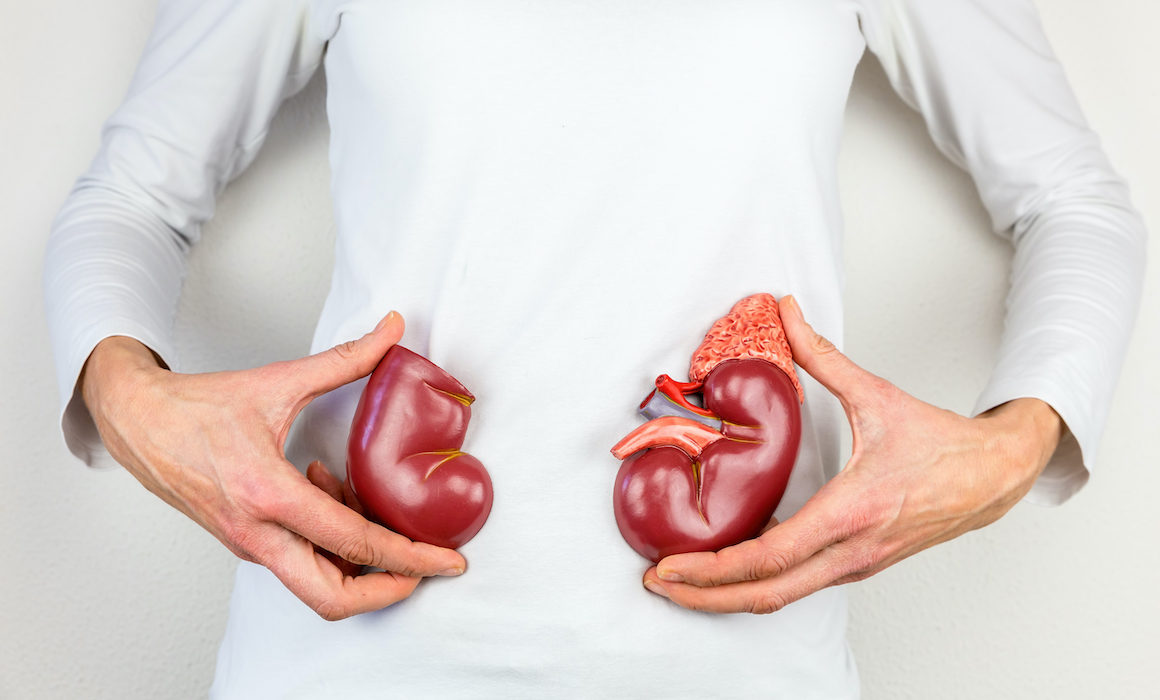Due to the scarcity of organ donors, many of the nearly 92,000 Americans awaiting kidney donations will not survive the transplant wait list. Now, a collaborative partnership to produce 3D printed kidneys is aimed at reducing wait times in the U.S. and around the world.
Israeli-based CollPlant Biotechnologies, led by Technion alum Yechiel Tal ’79, M.S.’82, is working with United Therapeutics Corporation to manufacture artificial kidneys by combining CollPlant’s unique tobacco-based platform with its BioInk technology.
In preparation for entering production, the companies have, ironically, turned a former tobacco plant into a modern 3D bioprinting factory. “We are excited to expand our collaboration with CollPlant’s extraordinary technology to transform the tobacco plant — one that is so associated with devastating diseases — into a collagen-expressing plant that will be essential to the production of an unlimited number of transplantable organs,” said Martine Rothblatt, CEO of United Therapeutics.
The process begins by growing small plantlets from the seeds of engineered tobacco plants. A form of protein collagen precursor, or “procollagen,” is then extracted from the leaves of the mature plants and processed into rhCollagen, highly purified recombinant collagen (recombined pieces of DNA). Safer than collagens extracted from animals or human cadavers, CollPlant’s rhCollagen, identical to that in humans, is then turned into a hydrogel for 3D bio-printing of medical products.
CollPlant has focused on 3D bioprinting of tissues and organs and medical aesthetics, with applications for injectable breast implants and facial fillers. Seeking to scale up its capabilities, CollPlant partnered with U.S.-based biotech manufacturer United Therapeutics in 2018 to develop bioprinted lung transplants. In September 2021, the two companies expanded their partnership to develop kidneys.
“Organ shortages are an unmet global health need, [and] by partnering with United Therapeutics we have made significant progress with this pivotal organ manufacturing initiative,” said Technion graduate Tal. “We remain committed to exploring new innovative applications in the fields of medical aesthetics and 3D bioprinting of tissues and organs.”


